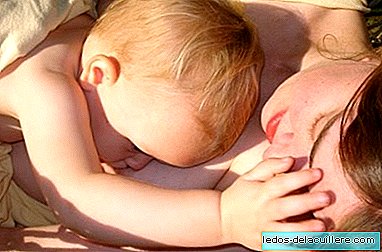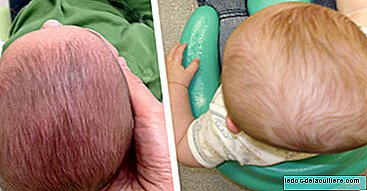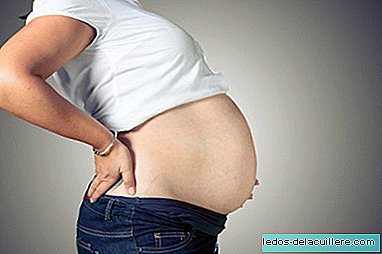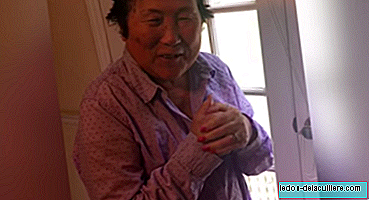
Myths about breastfeeding are not only common among mothers and ordinary grandmothers. There are health professionals and directly related to breastfeeding that sometimes also convey some of these myths. A survey conducted in the United States reveals that two out of three lactation specialists recommend popular and non-scientific methods.
Using cabbage leaves and tea bags to relieve the pain of the first few days, infusions or eating oatmeal to increase milk production ... are some of the home remedies without scientific proof that are transmitted between mothers from generation to generation.
Dr. Jonathan Schaffir, a gynecologist at the Ohio State University Medical Center Wexner, has conducted a survey of 124 certified lactation consultants affiliated with medical centers in 29 states to find out if they also transmit this type of remedies to new mothers.
The results of the study, entitled "Survey of Breastfeeding Instructors on Popular Breastfeeding Traditions," have been published in "Breastfeeding Medicine." 69% of specialists consulted said they had heard these folk remedies, and 65% had recommended at least one of these methods.
Respondents were asked to provide examples of these tips, some widely discussed among experts, particularly herbal remedies to increase milk production (fenugreek seed is widely used as a galactogogue) and cabbage leaves for Relieve the pain of breastfeeding.
Between the advice based on popular beliefs The ones that were most important are those related to increasing milk production, calming the discomfort of breastfeeding and avoiding substances supposedly harmful to the baby.

Many cultures also encourage mothers to eat oatmeal to increase milk production, but no studies have been conducted to examine its use. Several lactation experts recommend tea bags to help women with nipple pain, but one study denies their usefulness.
What is intended to be achieved with this survey is to open the way for future research to objectively measure whether you are myth based recommendations They are actually safe and effective, instead of relying solely on anecdotal evidence.
In principle, none of these tips would be detrimental to health (otherwise it would be if we talked about drinking alcoholic beverages, or harmful substances ...). But it has not been studied, and therefore it makes no sense for professionals to recommend them to nursing mothers. These should be based on scientific evidence for their actions and advice.
If breastfeeding specialists act like this, what can you expect from non-specialists?
Having seen the results, in my opinion you should try stronger training of professionals who work as lactation consultants, as well as “recycling” and continuous training, so that these unfounded myths do not perpetuate.
We might think that it is the older specialists who most recommend these popular methods, but it is surprising to know that among the consultants surveyed in the United States there were no significant differences in terms of age.
Also, everything must be said, of the consultants I know here in Spain, we must praise their good work and I am sure that they are perfectly trained, as they show here on our pages.
If these professionals who are supposed to be very well trained in breastfeeding fall into those common placesWhat about pediatricians or nurses who do not have a specific training in breastfeeding?
The role of pediatricians in fundamentally in promoting breastfeeding, both during pregnancy and during childbirth and postpartum, in the first days of the baby, so crucial.
The same applies to breastfeeding consultants, perhaps later, who are consulted if we have any questions or problems with breastfeeding, but who are also in contact with the mother and the newborn if we talk about midwives, nurses ...
I don't know the differences between professionals in the United States and other countries, but I have been surprised by such high figures, and I hope it is not the majority trend in breastfeeding consultants They touch us more closely.












